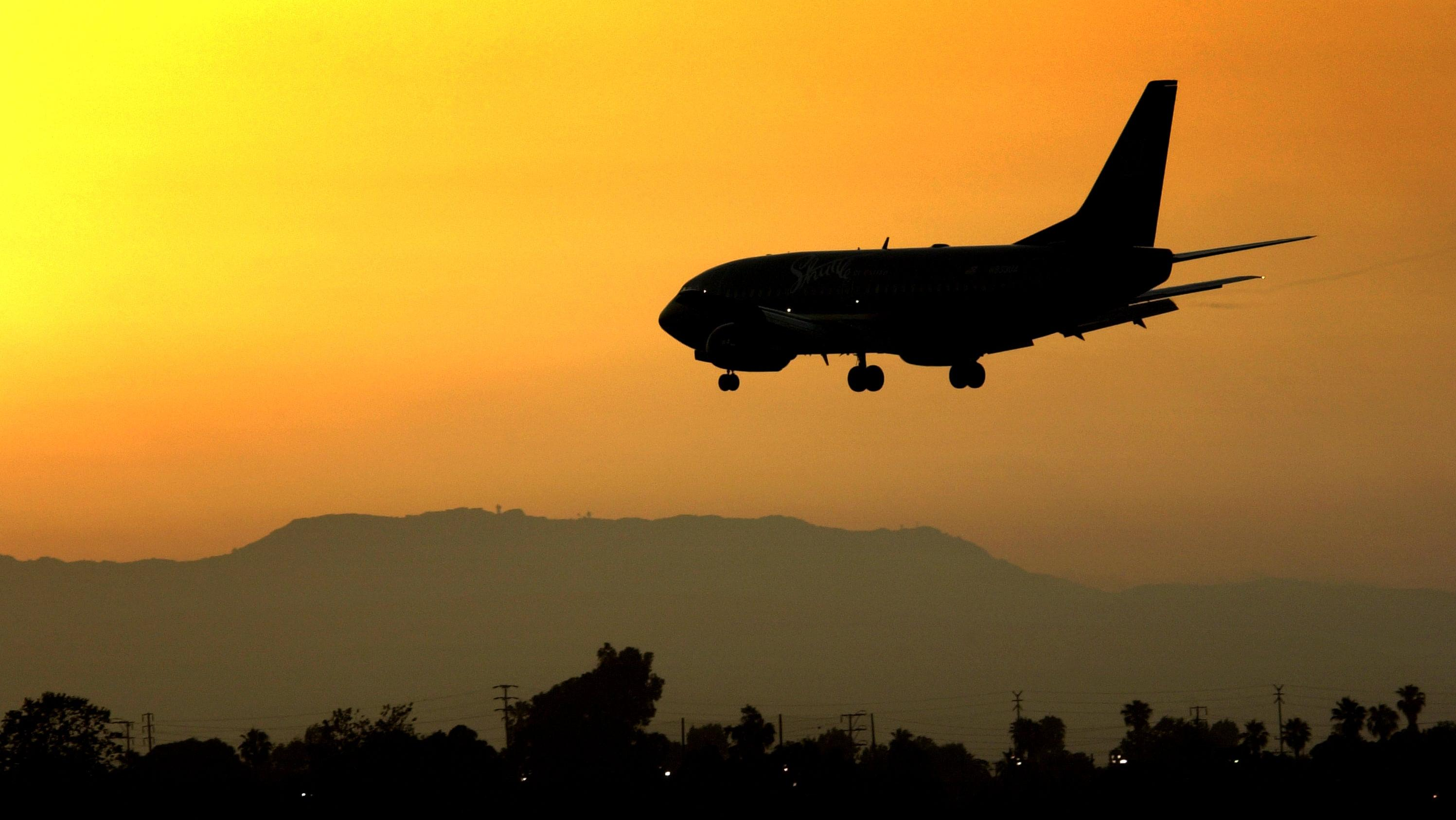FAA Says 5G Signals Can Interfere With Aircraft Landing Systems And Cause Delays
The Verge has reported that 5G signals could interfere with airplane radio communication
Conspiracies about the widespread 5G rollout have spread since the technology was first announced, but they've mostly been easy to dismiss as just that, conspiracy theories. At least until now, because The Verge has reported that mid-range 5G waves might end up causing more flight delays in poor weather conditions.
Here's a little background from the article:
Airplanes rely on radio altimeters to tell how high they are above the ground to safely land when pilots can't see, and the FAA is now instructing 6,834 of them to not do that at certain airports because of 5G interference.
The FAA ruled on Tuesday that those thousands of US planes (and some helicopters) won't be able to use many of the guided and automatic landing systems that are designed to work in poor visibility conditions, if they're landing at an airport where there's deemed to be enough interference that their altimeters aren't reliable. "Landings during periods of low visibility could be limited due to concerns that the 5G signal could interfere with the accuracy of an airplane's radio altimeter, without other mitigations in place," FAA spokesman Lynn Lunsford tells The Verge.
According to the FAA's written explanation, 5G waves will get in the way of guided or automatic landing systems, so if you're trying to land somewhere that's super foggy, your flight could either be delayed until conditions clear, or if you're already in the air, the flight might be diverted to a different airport where the plane can land safely.
Of course, these worries are all still in the hypothetical realm — but it's obviously something the FAA wants to keep tabs on.
Verizon and AT&T were originally planning to roll out 5G this month, but they've pushed that back to January 2022 due to these concerns — and for six months, they might even tone down the power of the 5G towers until we get a better sense of how C-band 5G waves impact things like flight altimeters.
What's most interesting is that C-band 5G waves and altimeters don't operate on the same frequency, but they're so close together that there's cause for concern. The only way to really guarantee that no flight will have a problem is to retrofit planes with a band filter ... which could take years.
If you're planning some travel at the start of the new year, you might see delays at airports in regions where the 5G towers will be rolling out first, which include big hubs like New York City, Los Angeles, Chicago, Detroit, and Dallas. A full list of airports expected to be impacted will be released soon, but you can reasonably assume most places you'll be flying out of or into will make that list.
In case you are wondering, there are a lot of other groups that believe 5G isn't going to cause any major problems for the airlines. The FAA isn't convinced, though its concerns do seem to be more of the "preventative maintenance" bent rather than predicting that 5G will bring about an apocalypse. Basically, there's no easy way to predict exactly what's going to happen in January — we're just going to have to wait and see.
